Eczema is a chronic skin condition that causes inflammation, itching, and redness. While various factors contribute to flare-ups, including stress, environmental triggers, and topical products, diet can also play a significant role. Although no single food or diet can cure eczema, certain foods are known to trigger flare-ups in some individuals. Identifying and avoiding these foods can help manage symptoms more effectively. Here are eight kinds of food commonly linked to eczema flare-ups.
1. Dairy Products
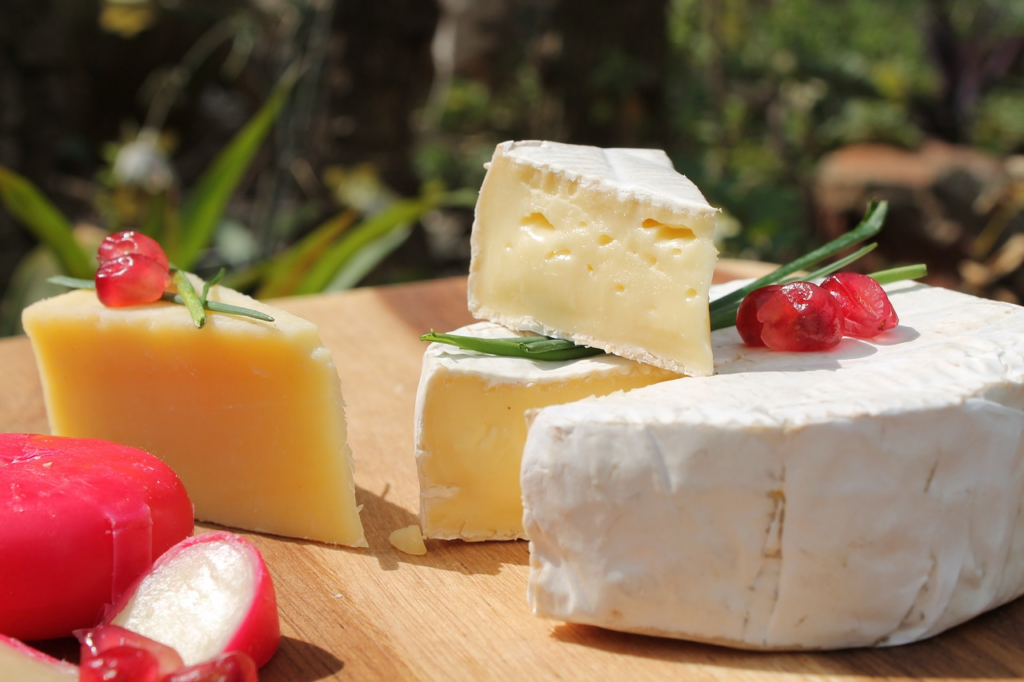
Dairy is one of the most common food triggers for eczema, particularly in children. Cow’s milk, cheese, yogurt, and other dairy products can provoke an immune response in people who are sensitive, leading to increased inflammation and eczema flare-ups. Studies suggest that eliminating dairy from the diet may improve eczema in some individuals, especially those with a known allergy or sensitivity to milk proteins.1
Read More: Scientists Are Figuring Out What Happens in The Skin When You Have Eczema
2. Eggs
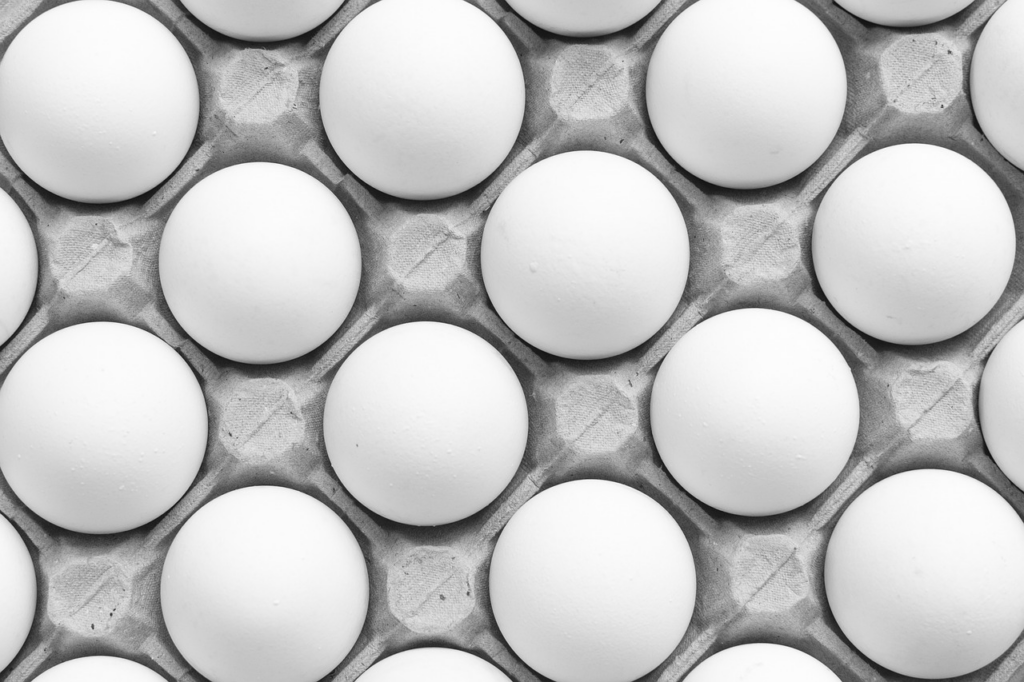
Eggs are another common allergen associated with eczema. Many children with eczema also have an egg allergy, which can worsen their skin condition. Some research indicates that avoiding eggs might reduce eczema symptoms, particularly in younger patients. If you suspect that eggs are a trigger, an elimination diet under the supervision of a healthcare professional might be beneficial.2
3. Gluten

Gluten, a protein found in wheat, barley, and rye, has been linked to eczema flare-ups in individuals with celiac disease or gluten sensitivity. For those affected, consuming gluten can exacerbate skin inflammation and lead to flare-ups. A gluten-free diet may help reduce symptoms for these individuals, although it’s important to get tested for celiac disease before making significant dietary changes.3
4. Soy Products
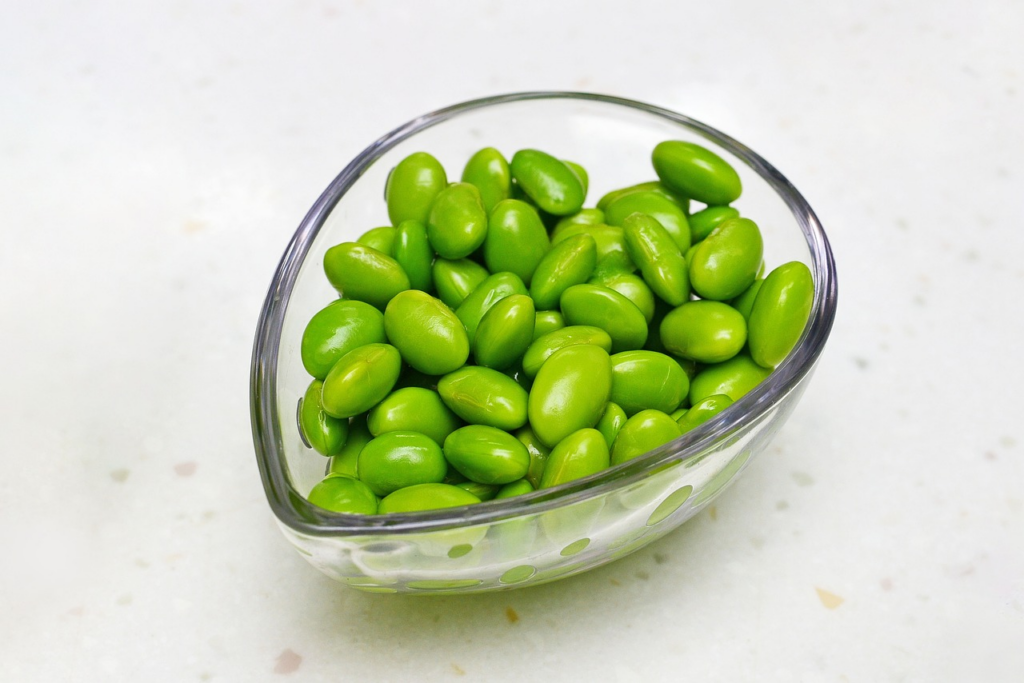
Soy is another potential trigger for eczema. Found in many processed foods, soy can cause allergic reactions that manifest as skin rashes or flare-ups in people with sensitivities. If you notice your eczema worsening after consuming soy products like tofu, soy milk, or edamame, it might be worth exploring a soy-free diet to see if symptoms improve.
Read More: Do Apple Cider Vinegar Baths Help Eczema?
5. Nuts
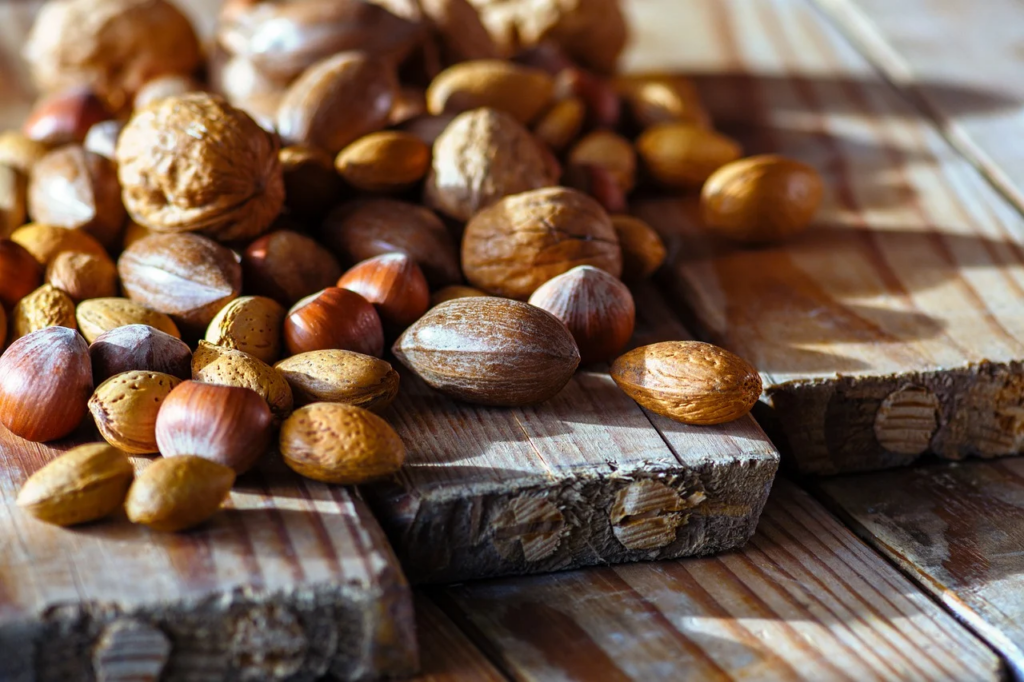
Tree nuts, such as almonds, walnuts, and hazelnuts, are common allergens that can trigger eczema flare ups. Nut allergies are particularly prevalent in children and can cause severe reactions, including skin issues like eczema. Avoiding nuts and products containing nuts is crucial for individuals with a confirmed allergy to prevent flare-ups.
6. Shellfish
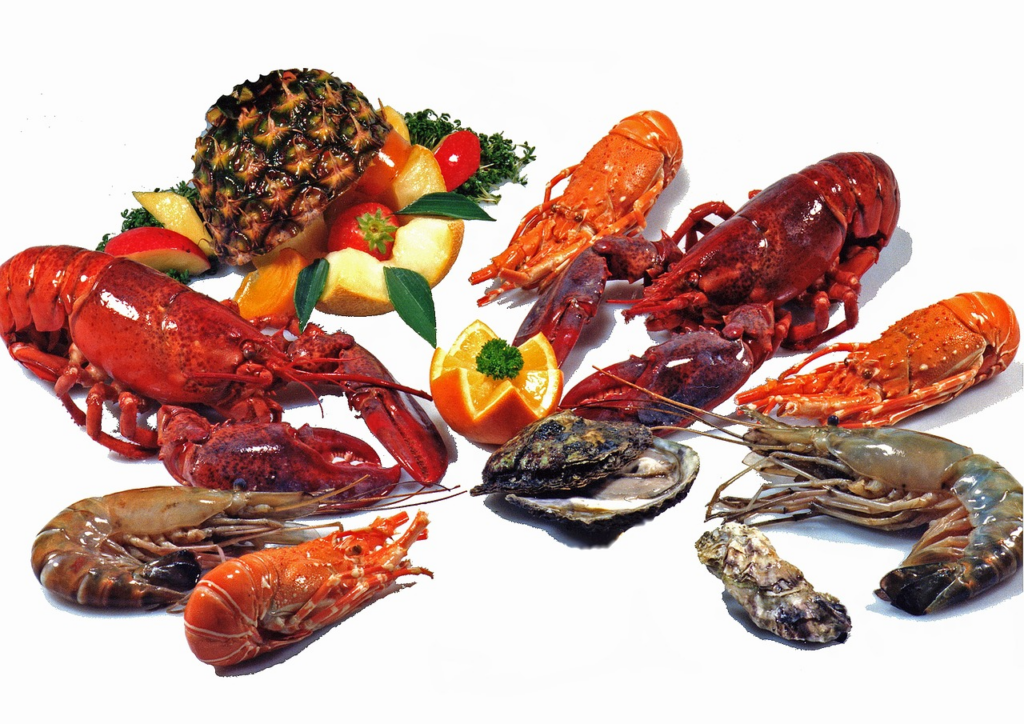
Shellfish allergies are common in adults and can trigger eczema in those who are sensitive. Shrimp, crab, lobster, and other shellfish can cause allergic reactions that may worsen eczema symptoms. Eliminating shellfish from the diet is often recommended for those with a known allergy to reduce the risk of flare-ups.
7. Citrus Fruits
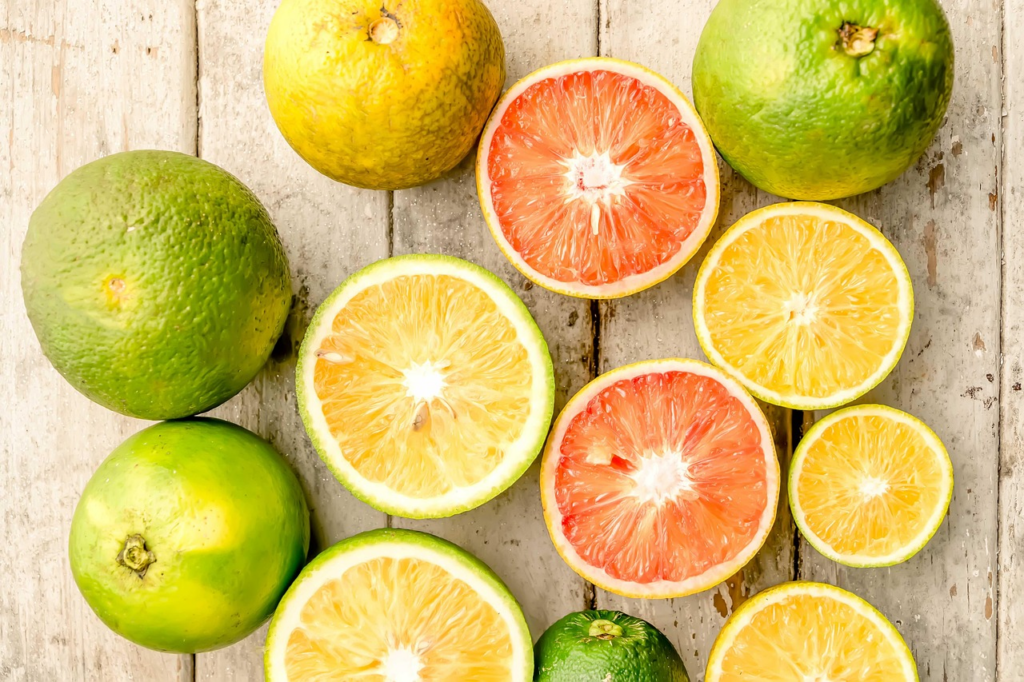
Citrus fruits, including oranges, lemons, limes, and grapefruits, are known to cause skin irritation in some people, particularly those with eczema. The high acidity of these fruits can lead to a reaction that triggers eczema flare-ups, especially if consumed in large quantities. Reducing or eliminating citrus fruits from your diet might help manage your symptoms.
8. Nightshade Vegetables
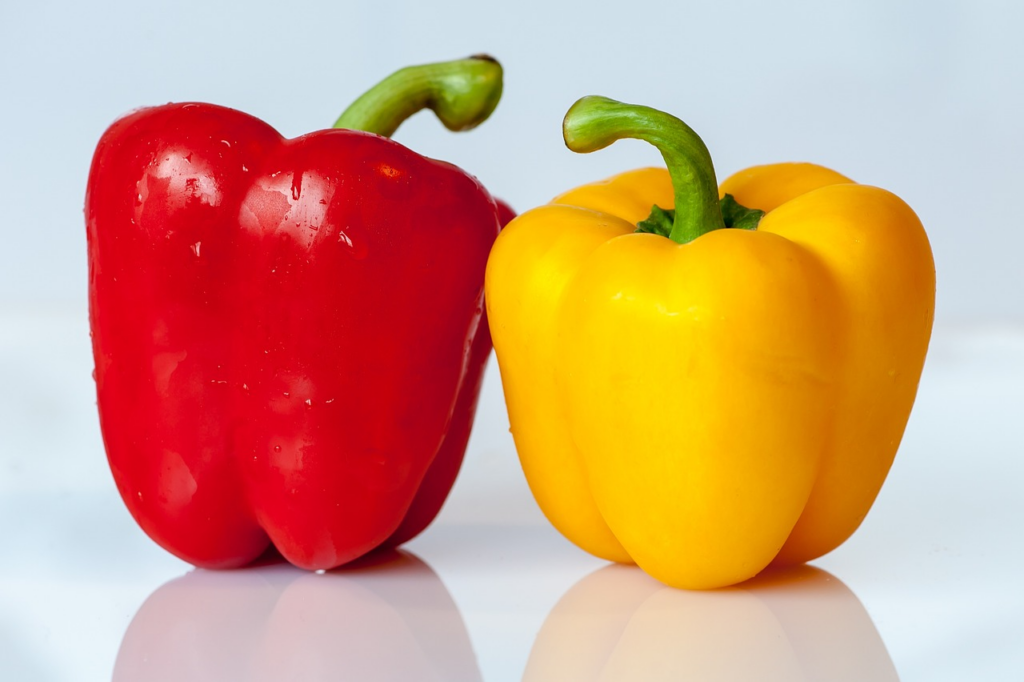
Nightshade vegetables like tomatoes, potatoes, peppers, and eggplant contain natural compounds that can cause inflammation in some people, potentially leading to eczema flare-ups. While not everyone with eczema is sensitive to nightshades, some individuals report improvement in symptoms when they eliminate these vegetables from their diet.
Conclusion
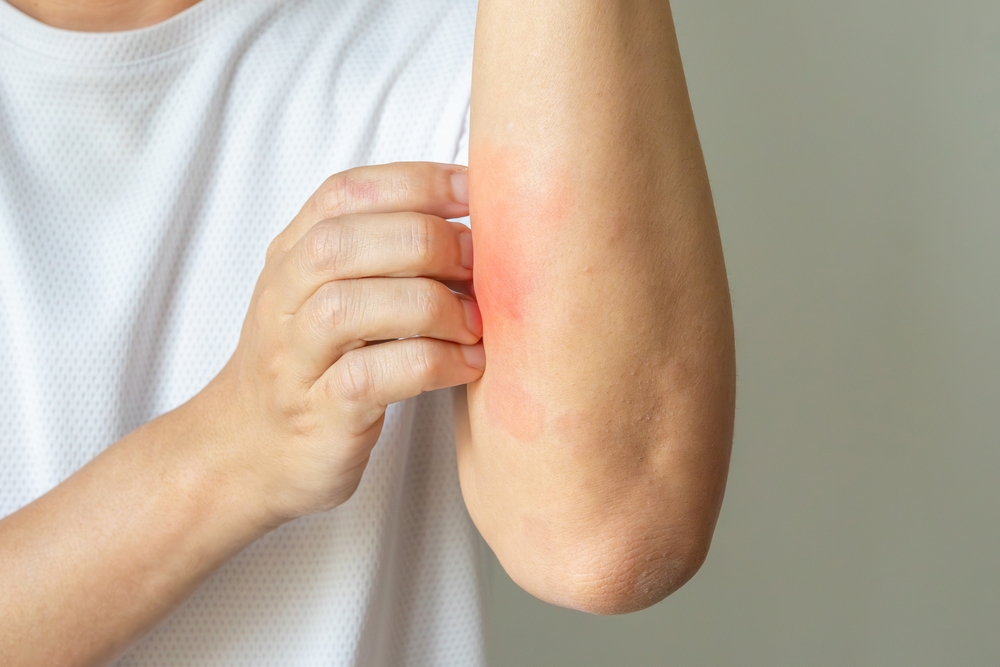
Eczema triggers can vary greatly from person to person, and while some may find relief by avoiding specific foods, others may not see a direct connection. It’s essential to work with a healthcare provider, such as a dermatologist or dietitian, to identify potential food triggers and develop a personalized dietary plan. By carefully monitoring your diet and symptoms, you can take proactive steps to manage eczema and reduce flare-ups.
Read More: Psoriasis and Eczema Sufferer Created Diet That ‘Cured Her’ and is Helping Thousands of Sufferers
Sources
- “How to Create an Eczema-Friendly Diet.” Healthline. Corey Whelan. October 18, 2023.
- “Diet and Eczema: The Facts.” WebMD. Ellen Greenlaw
- “Eczema and Diet: The Foods to Eat and Avoid to Prevent and Manage Flare-Ups/
Everyday Health. Joseph Bennington-Castro. March 25, 2023

